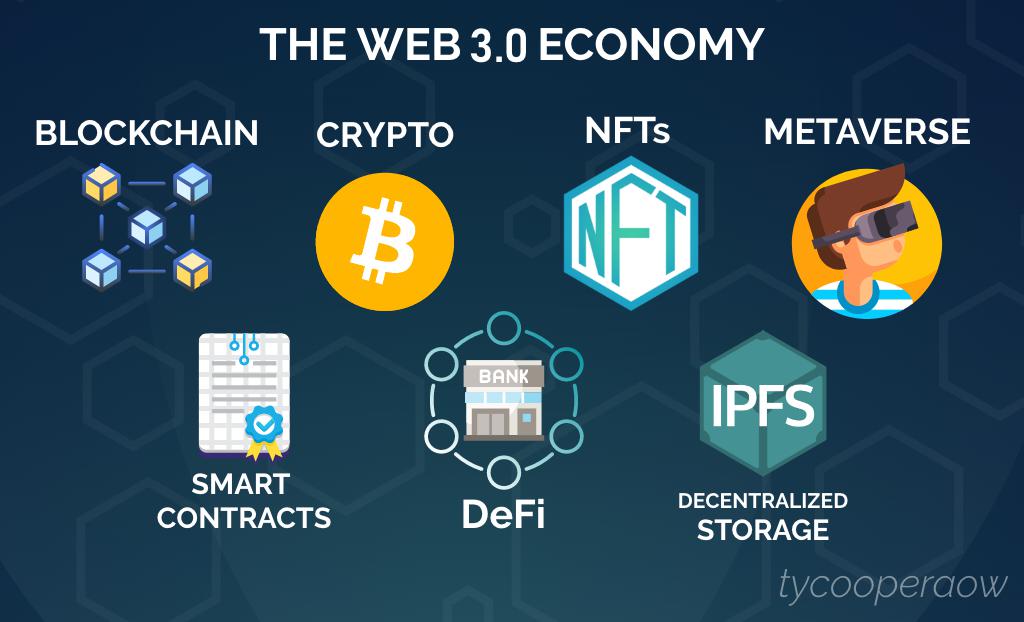The travel industry has experienced major fluctuations over the past two years, but it's turning into a victory story. Currently, the outlook is a positive one, with travel spending hitting $83 billion in February 2022, a number just 6% below pre-pandemic levels.
But as travel sales soar, a resurgent industry is searching for new technology solutions to fix age-old problems with payment and settlement.Payments in travel are plagued by high rates of fraudulent charges, exorbitant costs of settlement and lack of transaction transparency.
With the advent of Web 3.0 technology, true solutions may finally be in sight.
Blockchain Based Tech for Travel Transactions
One company, Xeni, is making a sizable move toward blockchain based tech for travel transaction settlement. Xeni's technology could ultimately lead to a dramatic reduction in fraud rates, settlement cost,and could improve transaction transparency across counterparties.By speeding up settlement time, the technology could also reduce working capital costs.

Improving the entire travel experience with Blockchain
Travel faces unique challenges with payment and settlement that other industries don't have. For one thing, many transactions involve 3 or more counterparties that all have to be settled after the traveler completes their travel.Between initial payment and ultimate downstream settlement, the current system is a hodgepodge of credit card payments, wire transfers and ACH payments. Many transactions involve currency exchange, as well.As a result, transaction costs are exorbitantly high, detracting value from travelers and suppliers alike.
Data transparency is also a unique challenge in travel. Unrelated counterparties are involved in every transaction (for example, an OTA, a wholesaler, a service provider) who are each operating out of their own centralized database. When a traveler changes or cancels a booking, often the various counterparties aren't even looking at the same booking ID.
Travelers will recognize this problem: say you book a hotel online. You will likely get one transaction number from the online booking company and a separate one from the hotel itself. This leads to difficulty in account reconciliation and dispute resolution.
Travel is also one of the biggest targets for credit card fraud, as the industry features high value transactions that are completed almost entirely online. Nearly 5% of global online air travel bookings are fraudulent, costing airlines alone up to $5 billion. Airlines reject up to 25% of legitimate orders to avoid fraudulent bookings. Overall, fraud is a $20 billion a year problem for the travel industry.
So, how can blockchain fix these problems?
Xeni is launching a decentralized application called XeniPay, a settlement service which brings all of the transacting parties onto one shared ecosystem. Xeni will allow users to purchase travel using crypto, and will allow every counterparty in a transaction (traveler, travel agent, inventory supplier, etc.) to see a detailed log of the transaction on a decentralized ledger.Now, every party shares the same single source of truth, resolving issues of reconciliation and other disputes.
When travelers pay in crypto, high credit card fees are avoided. By further settling downstream counterparties via a digital wallet, Xeni can eliminate most of the settlement cost of a given transaction. This can result in improved prices for the traveler.
Blockchain technology also means the potential for fraud is greatly reduced. According to the US Chamber of Commerce, credit and debit cards were the source of the majority of all payments fraud reports in 2020. Sensitive customer data can also be compromised when credit card information is stolen. Crypto payments are considered more secure, as they do not require third-party verification and consumer data is not stored in a centralized database where breaches typically occur. Given blockchain's decentralized ledger technology, stealing someone's identity is significantly harder.
On top of being insecure and expensive, the current settlement process in travel is slow.Counterparties can wait weeks or months to receive a payment. Using blockchain technology, Xeni's system can offer instant settlement of counterparties, as the traveler's payment is held in escrow and released to recipients simultaneously when the smart contract rules are greenlit.
Crypto economy
Travelers are increasingly adopting crypto as a preferred payment method.According to a recent survey by Travala, nearly 25% of travelers plan to use crypto to pay for part of their travel. A Twitter poll by Airbnb CEO Brian Chesky yielded similar results, with his followers asking the company to enable payment in crypto.
Any modern travel selling platform needs to allow travelers to pay in crypto. Cryptocurrency is increasingly being used for loyalty rewards programs, as well. For global travel, this is the perfect way to bypass currency shifts and increase transaction security.
Platforms like Xeni allow the entire travel supply chain to benefit from a transition to blockchain-based payment and settlement.
ⓒ 2021 TECHTIMES.com All rights reserved. Do not reproduce without permission.Tags:



